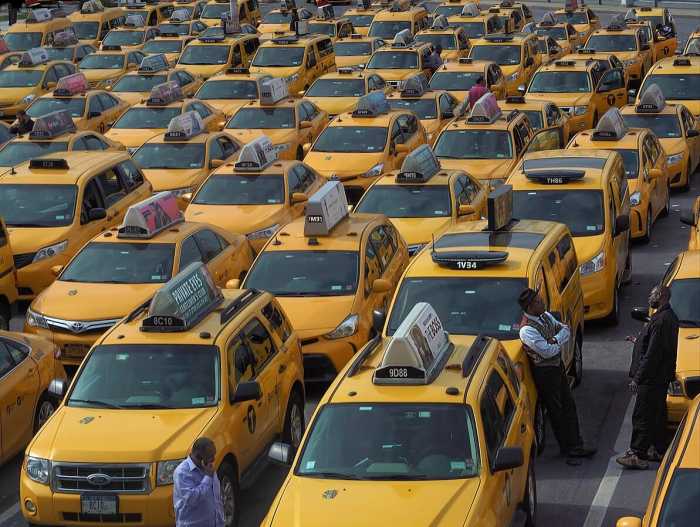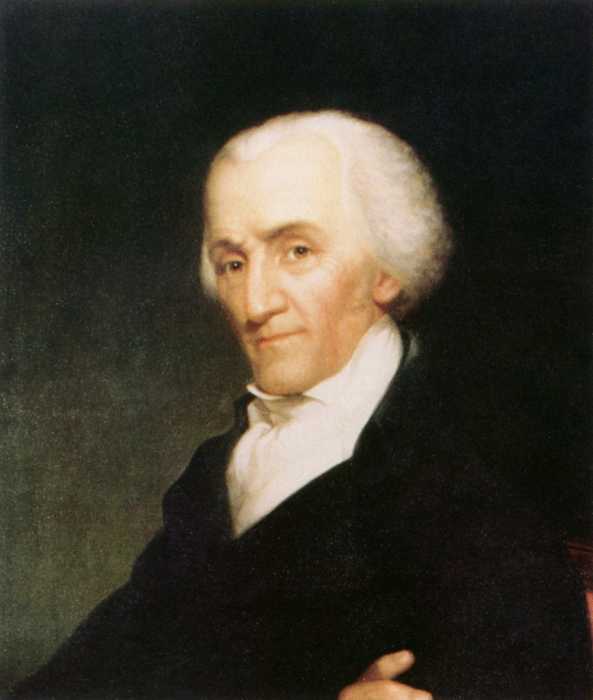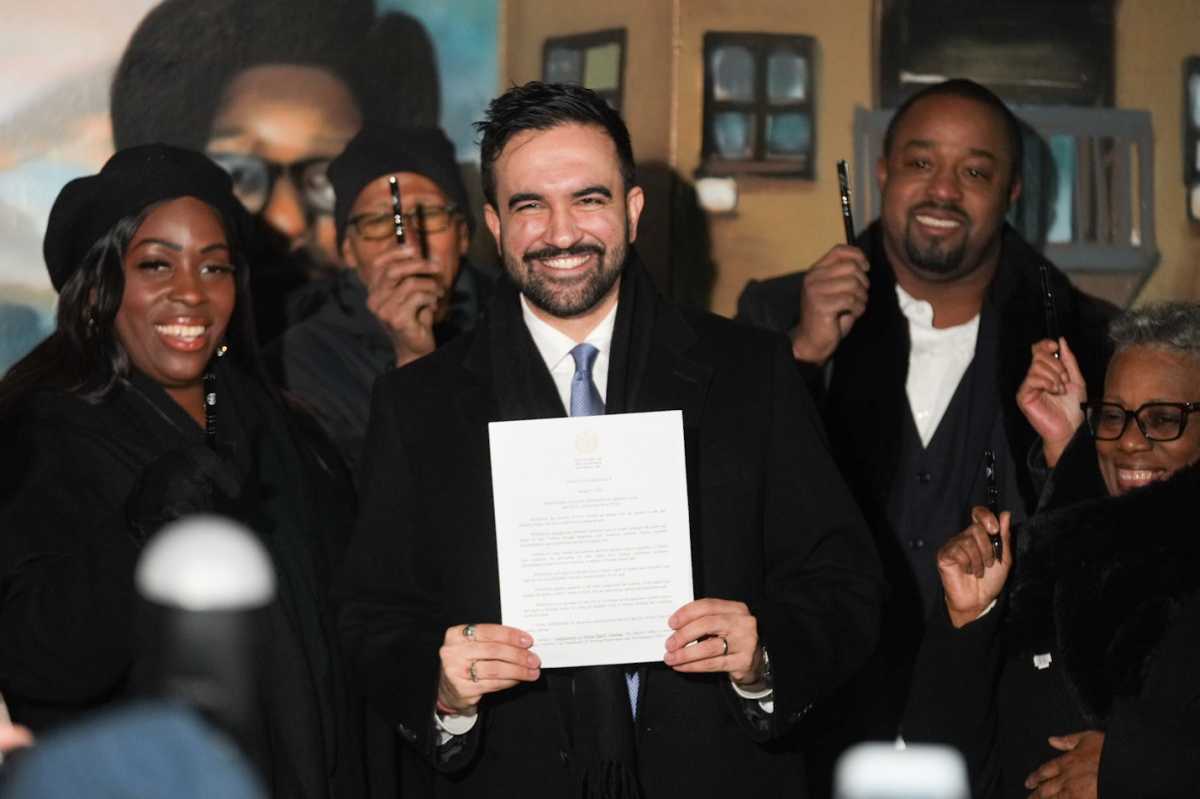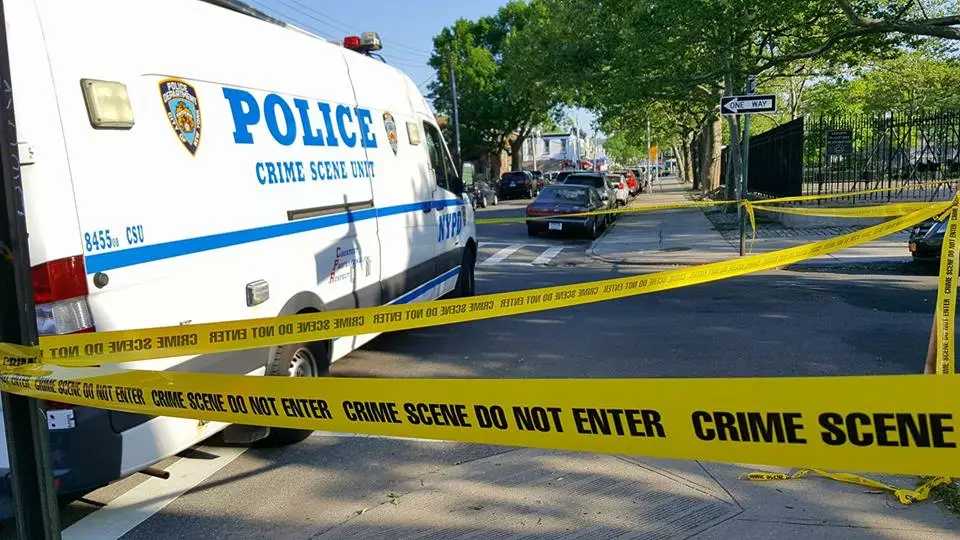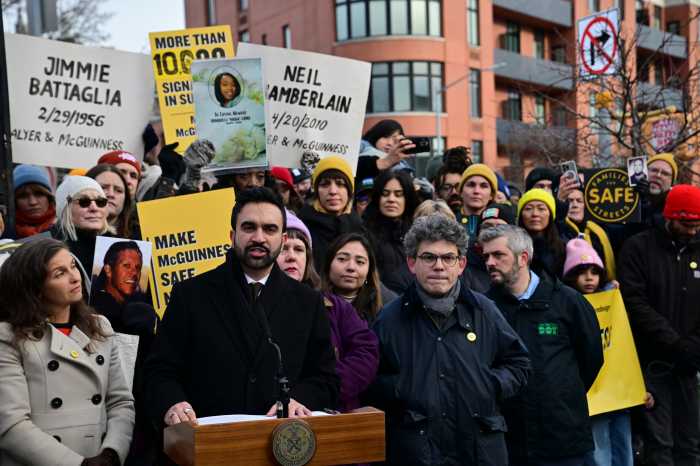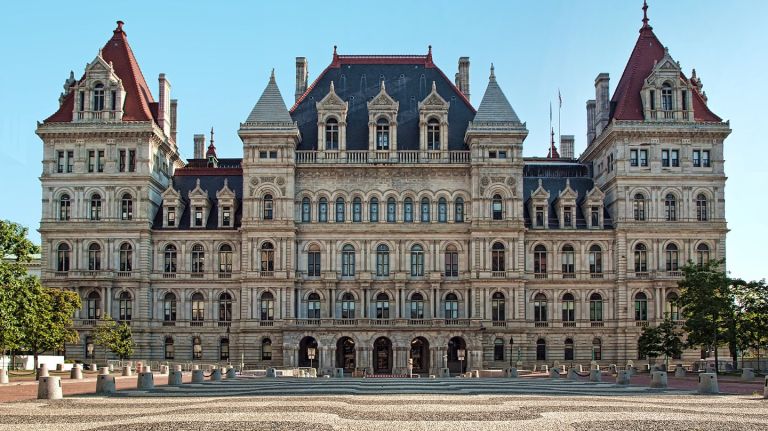
“There’s a fury in the electorate right now,” State Sen. Michael Gianaris said on Wednesday.
He’s talking about voters’ reaction to President Donald Trump, as symbolized (or so goes the theory) in Tuesday’s elections, when Democrats picked up important governor’s seats in Virginia and New Jersey, plus down-ballot victories. Closer to home, traditional Republican suburban strongholds in Westchester and Nassau County yielded big offices to Democrats.
Some losses after a change in presidential parties can be expected, but Democrats celebrated the #Resistance having electoral consequences this week: Democratic National Committee Chairman Tom Perez, for example, exulted about “regaining our values” in his celebration of Tuesday’s wins: the beginnings, perhaps, of an apparent blue wave in the 2018 midterm elections.
But Gianaris and some other New York Democrats think we’ll see the wave closer to home: In primary races next year against state senators in the Independent Democratic Conference.
An awkward marriage
The IDC is the Albany arrangement in which eight legislators elected as Democrats actually form a coalition with Republicans. This has, at times, empowered the GOP to control the State Senate without a majority in the chamber.
For years, voters paid little attention to the power-sharing situation, perhaps because of disinterest, but also because IDC members successfully made the case that they kept Albany rolling (see years of on-time budgets).
That changed after the 2016 election, particularly in NYC where some newly energized activists began organizing against IDC defectors representing the five boroughs. With frenzied protests at typically staid town halls, suddenly it wasn’t as easy to explain why supposed-Democrats were boosting the party of Trump.
Gianaris and other Democrats look at Tuesday’s suburban Democratic turnout and see the electoral manifestation of that anti-Trump anger.
“I think you’ve seen a rejection of the Republican philosophy and program all across the state,” Gov. Andrew Cuomo said Wednesday in a conference call with reporters.
“Imagine last night’s election, but one in which only Democrats could vote,” Gianaris says. The implication is that if “true” Democrats challenge the “fake” IDC members in a 2018 primary, the wave will carry the true Democrats in.
Something like this happened in Washington State Tuesday, where an apparent Democratic state senate pick-up is poised to throw full control of the body to Democrats.
It’s no done deal here. First of all, 2018 is a lifetime away in political terms, and a few-state wave might look more like an eddy by the time state primaries roll around. Earlier efforts to flip the State Senate blue have failed, such as when Mayor Bill de Blasio led an ill-fated charge in 2014 that won him Albany’s animosity and some campaign fundraising investigations. Naturally Gianaris, Democratic Senate Campaign Committee chairman, hopes things are different now.
Also, while the city voted decisively for de Blasio on Tuesday, there were pockets that bucked the trend either for him or other Democrats. In Queens, Elizabeth Crowley, a powerful incumbent Democratic councilwoman, was shocked by her Democrat-turned-Republican opponent in a race too close to call Wednesday. On the flip side, incumbents are often tough to boot, so new candidates will have to be well-chosen.
To complicate things, State Senate primaries are not scheduled to be on the same day as congressional races. That typically means a low-turnout contest, which could swing either way depending on what other entities, like unions or political action committees or grassroots organizers, get involved.
“Yes, there is going to be a wave and each one of our Democratic members is going to win,” writes IDC spokeswoman Candice Giove in an email.
What happens next?
The next primary season is still a ways away, but no matter who ends up on top it could be that Democratic wins this week get the ball rolling early.
Ross Barkan, who covered the IDC as a journalist and is now mounting his own Democratic campaign for State Senate in a Republican-held district, says Tuesday’s Democratic excitement matters: “Motivation is a big part of this.”
That theory posits that energy from hard-fought wins this month could lay the groundwork for crucial campaign donations and volunteering in 2018 primaries.
Democrats may be wise to do something to cement Tuesday’s gains: push the wave forward rather than waiting for it to carry. As Nassau Republican chairman Joseph Mondello noted after midnight on his very tough election night, “it’s a cyclical business.”



